Aktuelno
Članak
He marched to Sarajevo and ended up in The Hague
The grave of the famous philosopher Baruch de Spinoza is in The Hague. In her memoirs, Carla del Ponte describes Spinoza as a philosopher who 'identified the power which moves those enormous crimes: r
.jpg.webp)
By: Sead OMERAGIC
The grave of the famous philosopher Baruch de Spinoza is in The Hague. In her memoirs, Carla del Ponte describes Spinoza as a philosopher who 'identified the power which moves those enormous crimes: religiosity, envy, stereotypes and prejudice which men with power use to manipulate people in order to stay on power and become rich(er)'.
The very same Spinoza uttered another modern truth of the Balkans: 'The one who steals little will be persecuted, tortured, arrested and even killed. The one who steals a lot, will be esteemed and respectable citizen.'
On the eve of the horrid crime over Bosniaks and Croats, in spring of 1992, I happened to be in Prijedor. Sensing fear and tension rapidly spreading throughout the town, I left Prijedor and traveled to Sanski Most. Some people were already then leaving Prijedor. A local man who managed to escape told me about Dusan Tadic who raped his cousin in front her husband tied to a chair. I was shocked by what I heard and saw in Krajina during those days. Prijedor saw horrible terror and mass killings. Much later, the most horrid mass grave Tomasica revealed the whole brutality of the 'Greater-Serbia' project. Writing an article about the horrors of Krajina, I also mentioned Tadic. As we were putting together another edition of Slobodna Bosna, at its Sarajevo office situated at the Central Committee of BiH where late Nijaz Durakovic found us a place, telephone rang. This is how telephone conversation went:
- You wrote about me?
- Who are you, I asked.
- Dusan Tadic, he said.
- What do you want?
- I called to tell you that I'd come to Sarajevo to deal with you.
- Do come, I said. Choose your weapon.
He laughed and said with utmost confidence:
- You didn't quite understand. I will not be alone.
- I thought that you and I will talk this out like men.
- You missed the point, again, he laughed. I will come with my people.
- I have my people too, I said.
- You didn't understand, again. I will march in with my folks.
One could march in only in an unarmed city.
German police arrested Tadic in February 1994. The war was still going on. He was recognized as a guard in the horror concentration camp Omarska. The judges opposed to bringing an ordinary guard before the Tribunal. However, then chief prosecutor Graham Blewitt initiated that first trial for the crimes in BiH. 18 years ago, on 26 January 2000, the court pronounced judgement for Dusko Tadic. He was the first man to be tried for the crimes during the war of aggression in BiH, sentenced to 20 years in prison.
Similar to Tadic's announcement about marching in Sarajevo, Karadzic spoke before the Assembly of BiH:
- Do not think that you will not take Bosnia and Herzegovina straight to the hell, and Muslim people maybe even to disappearance, as Muslim people will not be able to defend themselves in the case of war.
Karadzic was sentenced to life in prison for genocide in BiH.
Baron Estournelles de Constant, the winner of the Noble prize for peace in 1909, who was instrumental in founding of the permanent arbitrary court in The Hague, following the Balkans wars he wrote something that is still as current as was 100 years ago. While reading, think of the leaders of the neighboring countries to BiH:
'True culprits for wars are those who manipulate public opinion and use ignorance of people, those who launch disturbing rumors and call for riots, thus sparking hostility in their own countries and as a consequence, in other countries too. The true culprits are those who, being led by their own interests or instincts, and persistently stating about necessity of war, create the situation where war becomes unavoidable indeed, proclaiming that they are unable to prevent it. The true culprits are those who sacrifice the common good for self-interest.'
Centuries later, nothing in the Balkans is changed.
#English
Najnovije
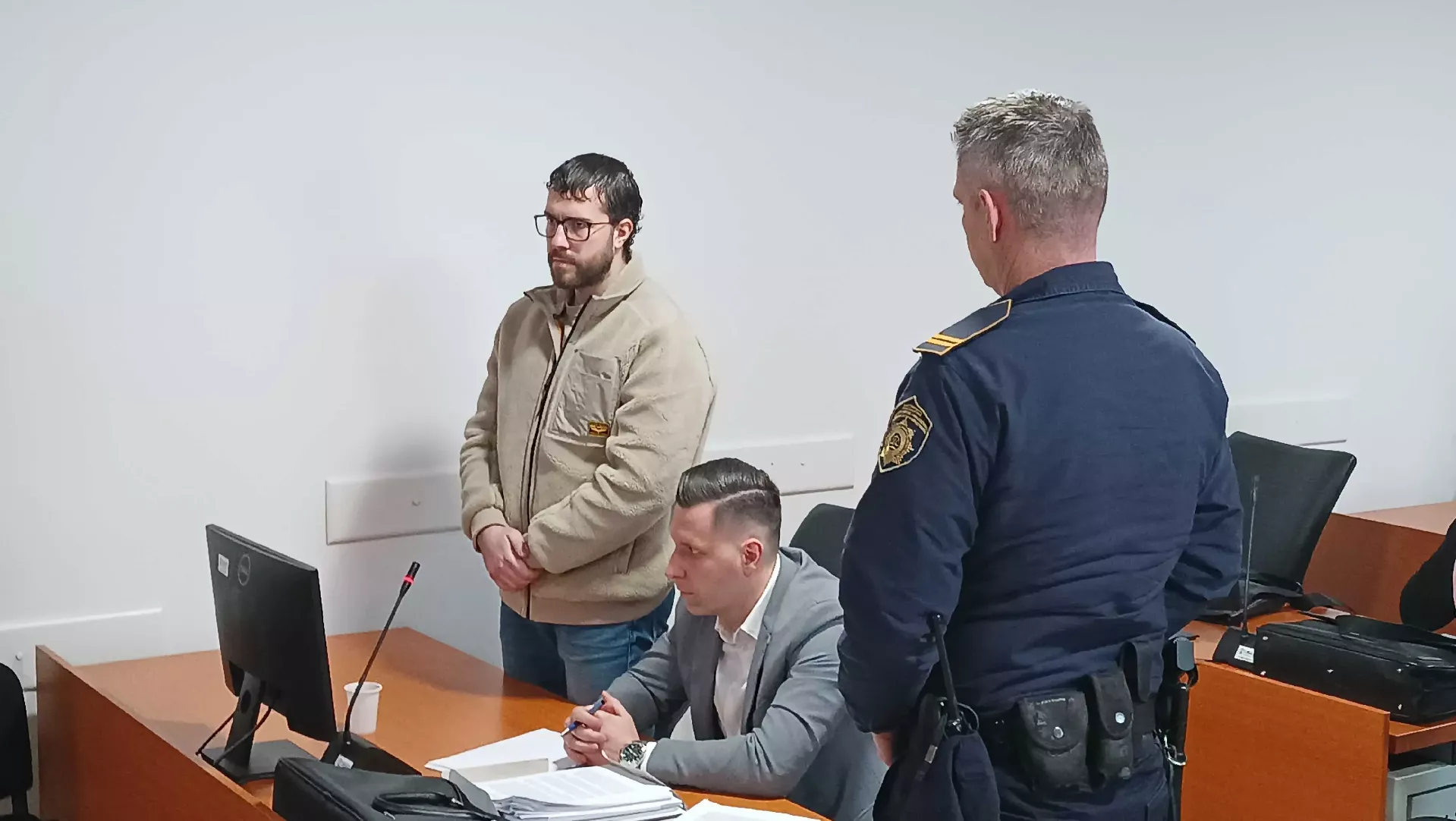
Ukinut pritvor Ahmedu Kastratiju, optuženom za ubistvo Saše Vilušića u Tuzli
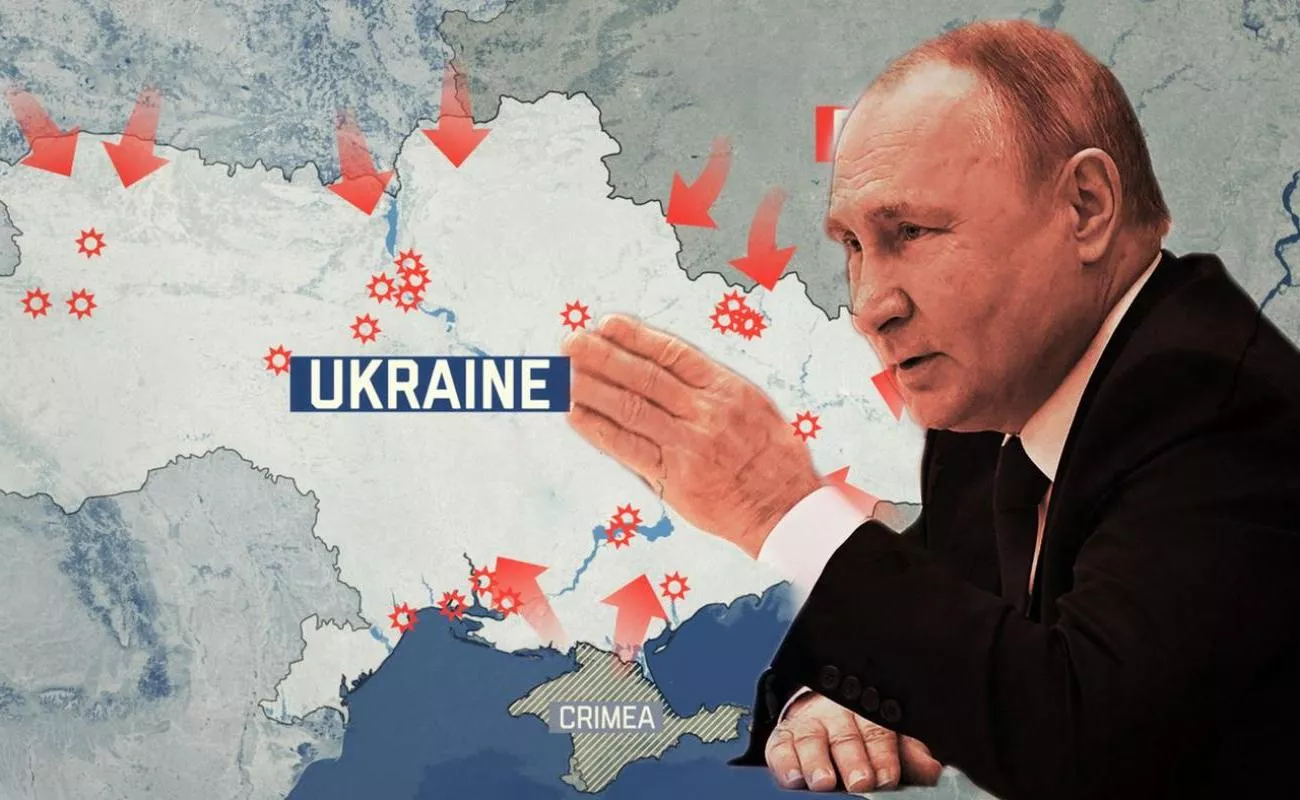
Četvrta godišnjica ruske agresije na Ukrajinu: Putinova greška koja Rusiju mnogo košta
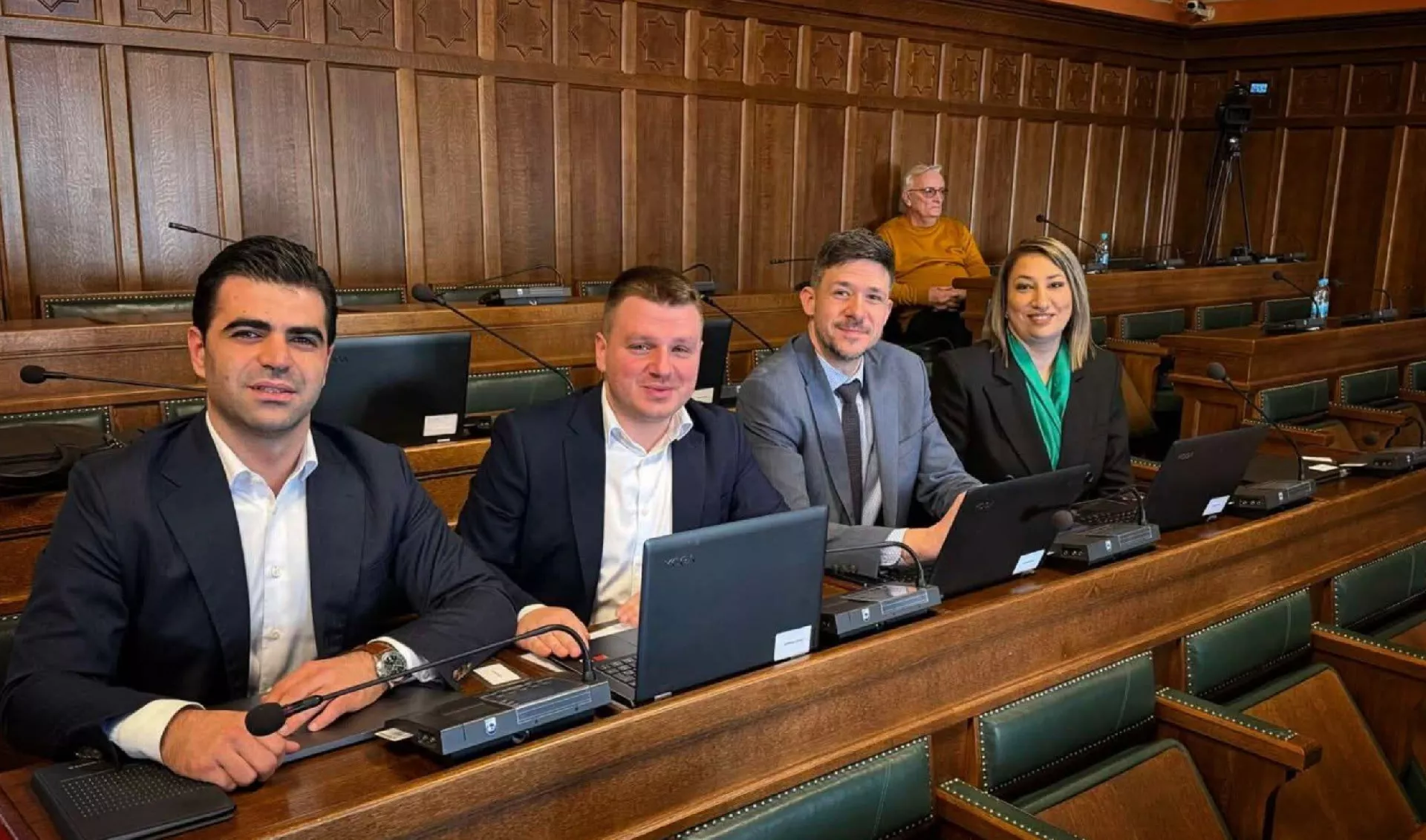
Klub vijećnika SDA u Gradskom vijeću: Sarajevo u ovom trenutku nema zakonito izabranog gradonačelnika
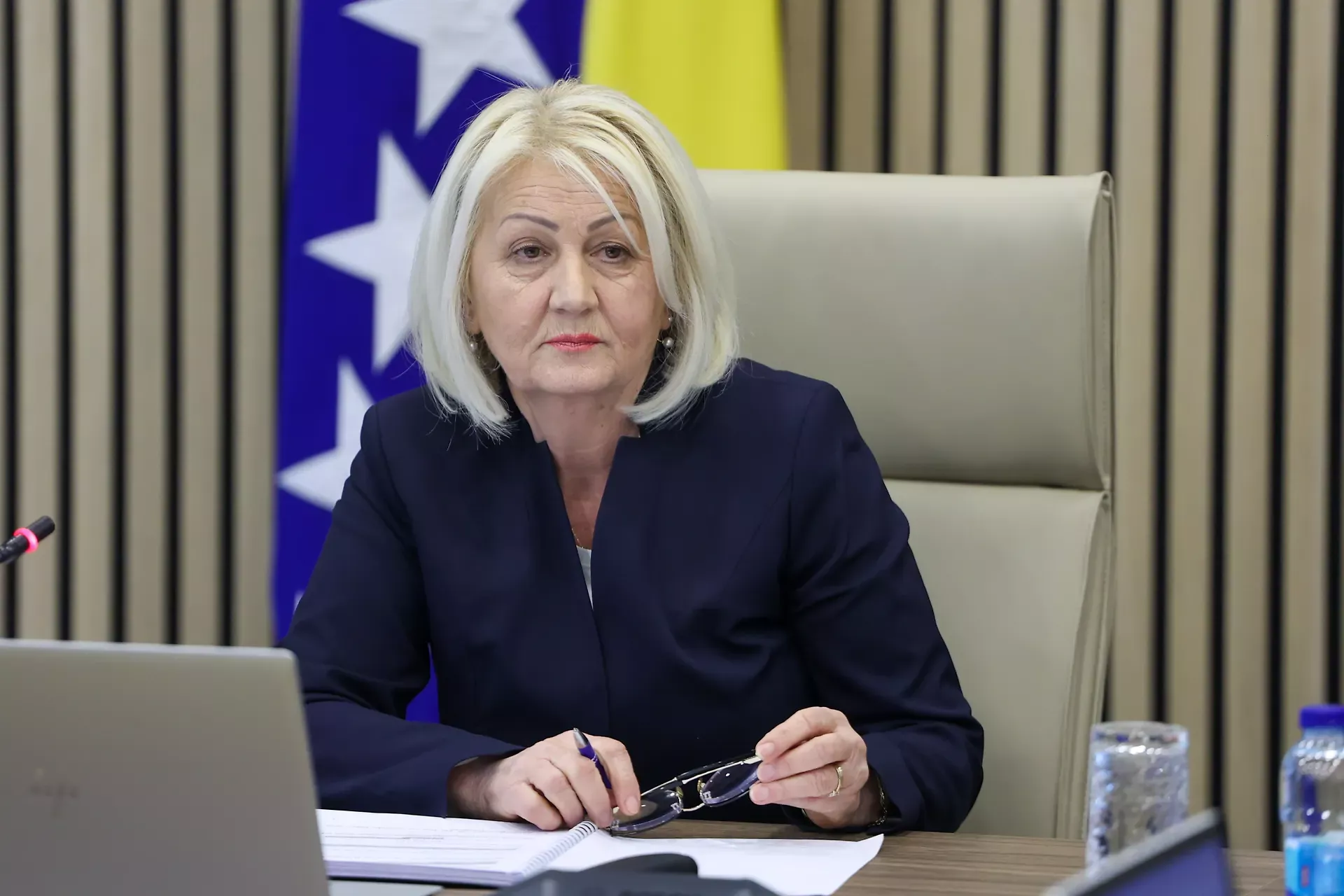
Krišto: Vijeće ministara BiH u potpunosti podržava projekt Južne interkonekcije
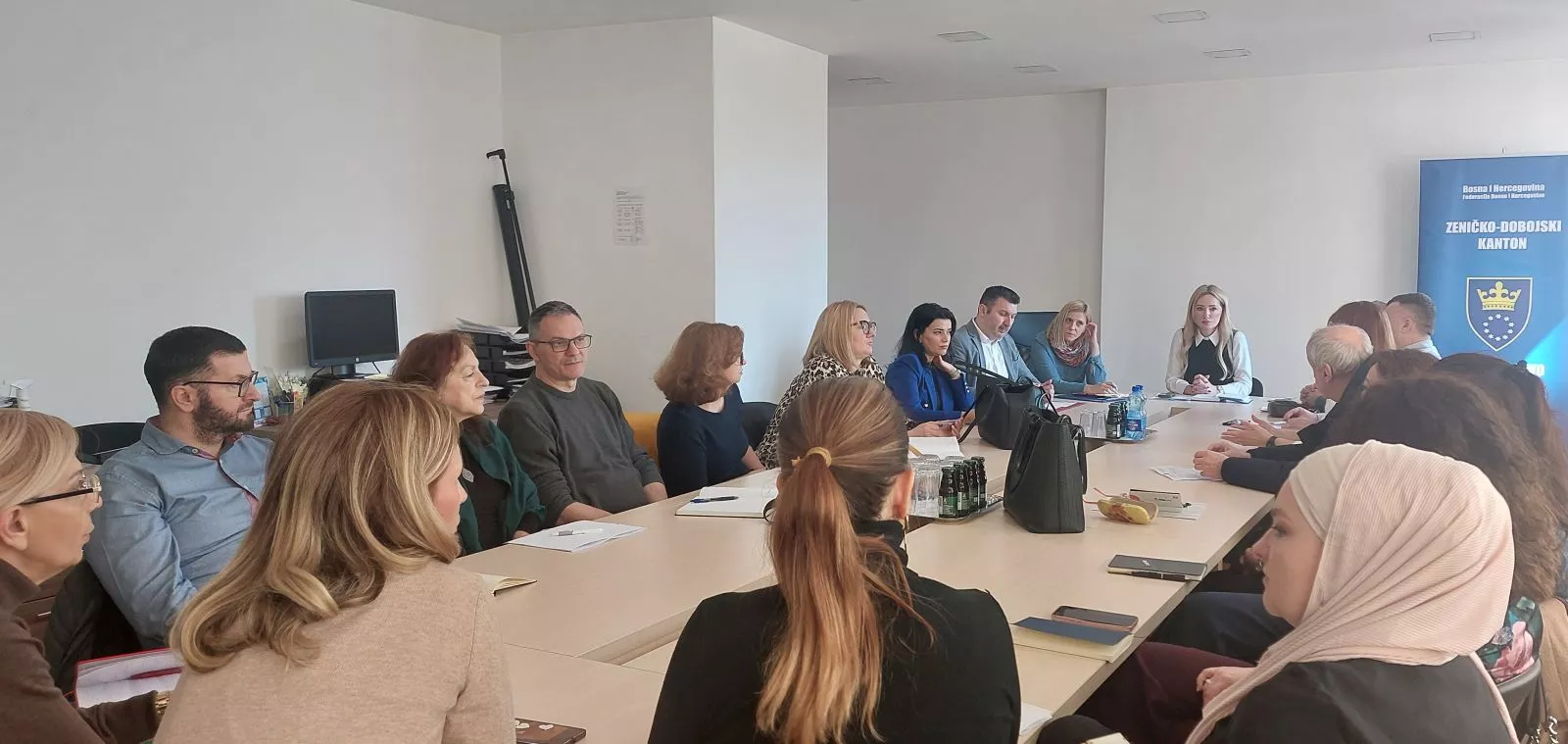
Zajedničkim djelovanjem do većeg obuhvata vakcinacije u ZDK
Najčitanije
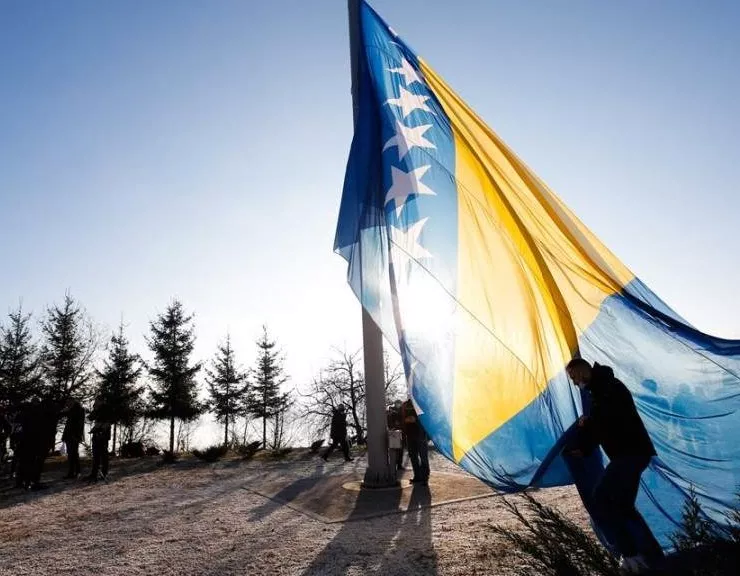
Dan nezavisnosti BiH obilježava se 1. marta i ne prenosi se, Hota-Muminović proglasila i 2. mart neradnim danom?
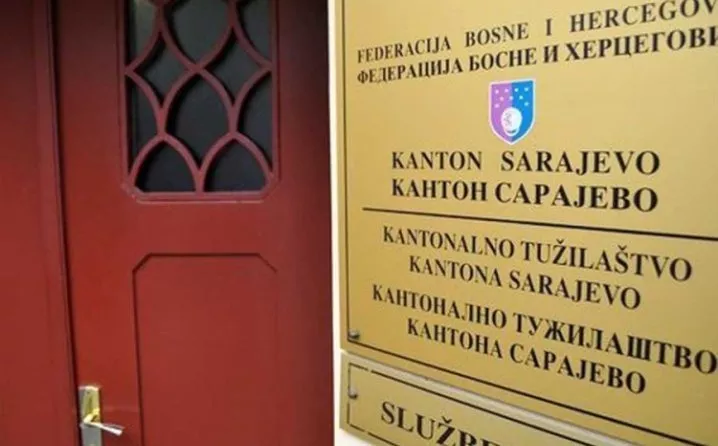
ŠTETA I UK NE ZNAJU Tužilaštvo KS neće provoditi istragu o dugu KJKP Gras zbog neplaćanja poreza i doprinosa
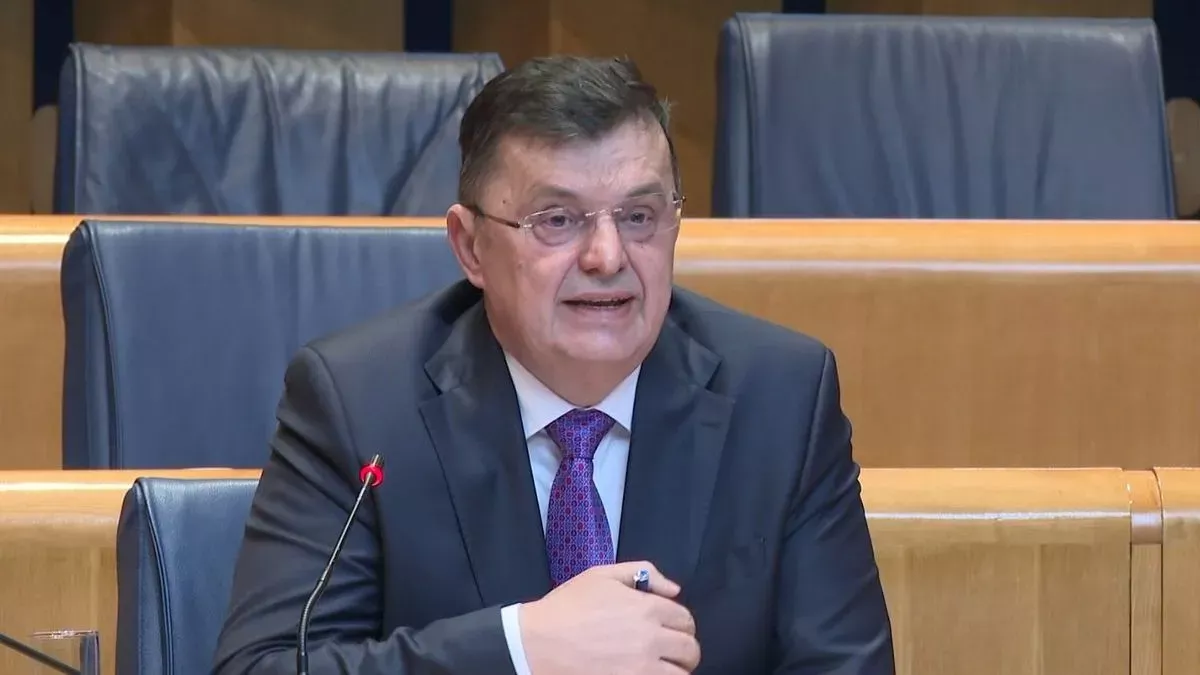
Komisiji za borbu protiv korupcije stigle prijave: Ko unaprijed gradi carinske terminale za UIO i kome se pogoduje
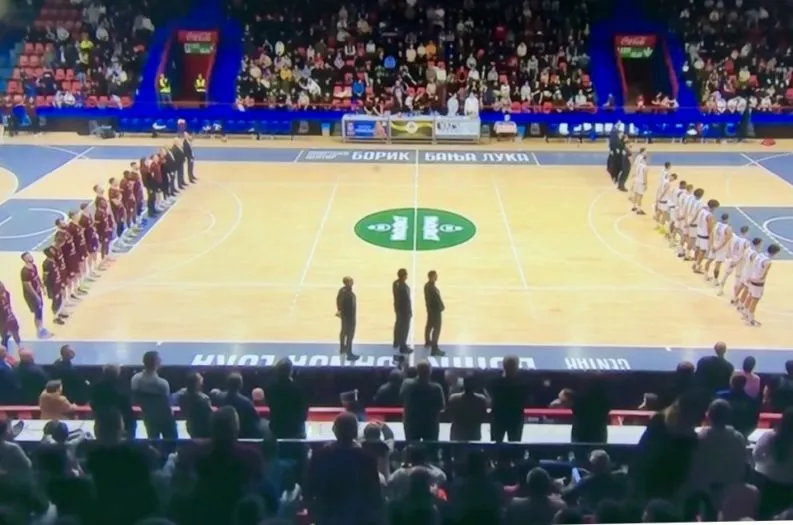
UTAKMICA BORCA I BOSNE U Banja Luci izviždana i prekinuto intoniranje himne BiH
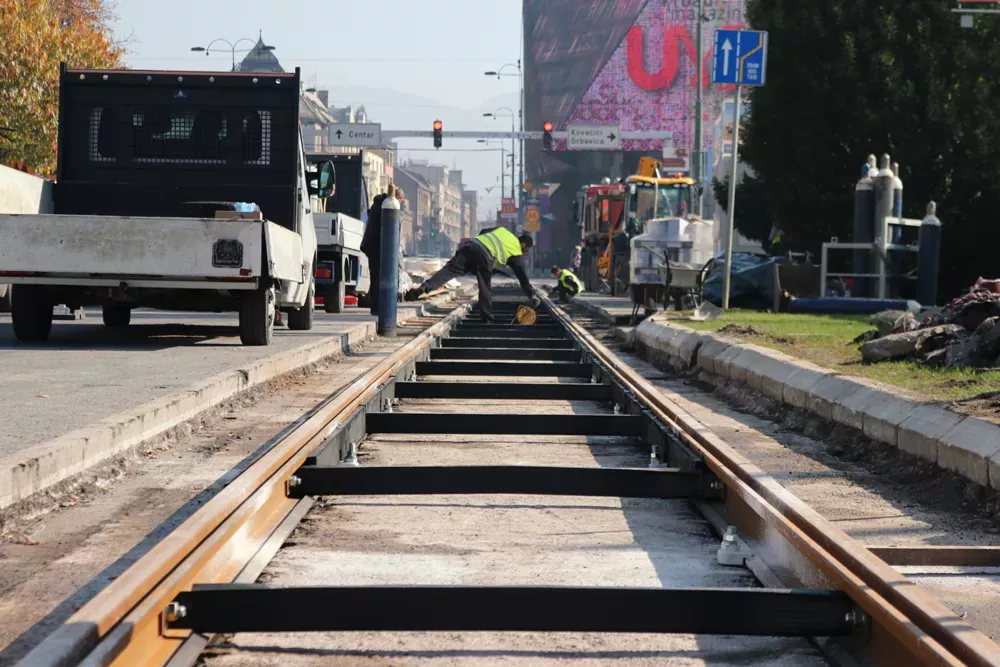
Vlada KS: Rekonstruisana tramvajska pruga ima sve upotrebne dozvole
